Phenytoin (Dilantin*) 30 tablets
$55.00
- Extended Release Formulations: Available in both immediate-release and extended-release formulations, providing flexibility in dosing schedules and optimizing seizure control.
- Wide Therapeutic Range: Phenytoin has a wide therapeutic range, allowing for individualized dosing to achieve optimal seizure control while minimizing side effects.
- Convenient Administration: Dilantin tablets are typically taken orally with or without food, making them easy to incorporate into daily routines.
Description
Phenytoin, commonly known by its brand name Dilantin, is an anticonvulsant medication used to control and prevent seizures in people with epilepsy. It works by stabilizing electrical activity in the brain, thus reducing the occurrence of seizures. Phenytoin is a widely prescribed medication and has been in use for several decades.
Key Features:
- Anticonvulsant Properties: Phenytoin is highly effective in controlling various types of seizures, including tonic-clonic (grand mal) seizures, complex partial seizures, and seizures associated with epilepsy.
- Long-standing Use: Dilantin has been a mainstay in the treatment of epilepsy for many years and has a well-established track record of efficacy.
- Extended Release Formulations: Available in both immediate-release and extended-release formulations, providing flexibility in dosing schedules and optimizing seizure control.
- Wide Therapeutic Range: Phenytoin has a wide therapeutic range, allowing for individualized dosing to achieve optimal seizure control while minimizing side effects.
- Convenient Administration: Dilantin tablets are typically taken orally with or without food, making them easy to incorporate into daily routines.
- Cost-effective: Phenytoin is available as a generic medication, making it more affordable for patients who require long-term treatment for epilepsy.
Usage Instructions:
- Take Dilantin tablets exactly as prescribed by your healthcare provider. Do not alter the dosage or stop taking the medication without consulting your doctor.
- Swallow the tablets whole with a full glass of water. Do not crush, chew, or break the tablets unless instructed to do so by your healthcare provider.
- If you are prescribed extended-release tablets, swallow them whole without chewing, as breaking or crushing them may result in too much medication being released at once.
- The dosage of phenytoin will vary depending on factors such as your age, weight, medical condition, and response to treatment. Your doctor will determine the appropriate dosage for you.
- It is important to take phenytoin regularly and consistently to maintain a steady level of the medication in your bloodstream and prevent seizures.
- If you miss a dose, take it as soon as you remember. However, if it is almost time for your next dose, skip the missed dose and continue with your regular dosing schedule. Do not double the dose to catch up.
Precautions:
- Inform your healthcare provider about any medical conditions you have, especially liver disease, kidney disease, or a history of drug allergies.
- Let your doctor know about all medications you are taking, including prescription drugs, over-the-counter medications, vitamins, and herbal supplements, as they may interact with phenytoin.
- Phenytoin may cause dizziness, drowsiness, or blurred vision. Avoid driving, operating machinery, or performing tasks that require mental alertness until you know how this medication affects you.
- Do not abruptly stop taking phenytoin without consulting your doctor, as this can increase the risk of seizures. Your doctor may need to gradually taper your dose to safely discontinue the medication.
Side Effects: Common side effects of phenytoin may include:
- Nausea or vomiting
- Dizziness
- Drowsiness
- Constipation
- Changes in gum health or overgrowth of gum tissue
- Enlargement of facial features (with long-term use)
Serious side effects are rare but may include:
- Allergic reactions (rash, itching, swelling of the face, lips, or tongue, difficulty breathing)
- Suicidal thoughts or behavior
- Severe skin reactions such as Stevens-Johnson syndrome or toxic epidermal necrolysis
- Liver problems
If you experience any severe or persistent side effects, contact your healthcare provider immediately.
Additional information
| Strength |
|---|
Only logged in customers who have purchased this product may leave a review.

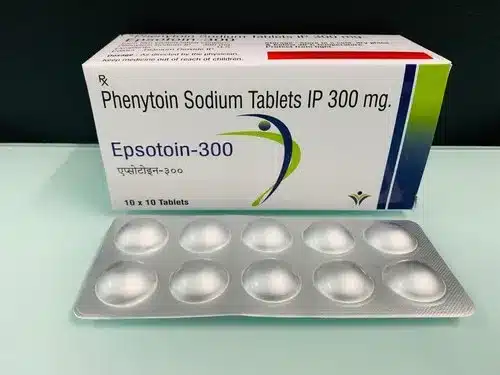
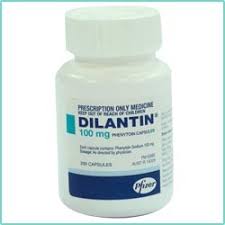

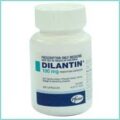
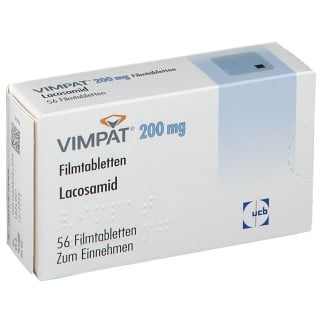
![3403656-Vimpat-Tabs-200mg-56_600x600[1]](https://vitalmedik.com/wp-content/uploads/2024/05/3403656-Vimpat-Tabs-200mg-56_600x6001-400x400.jpg)
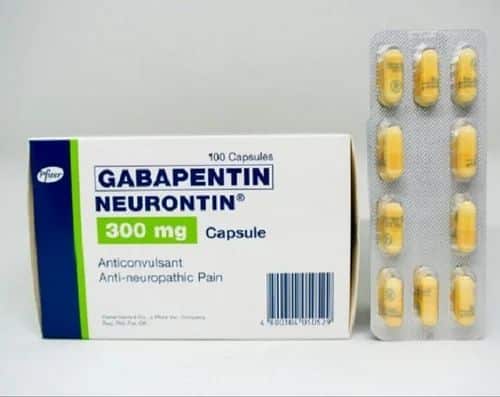
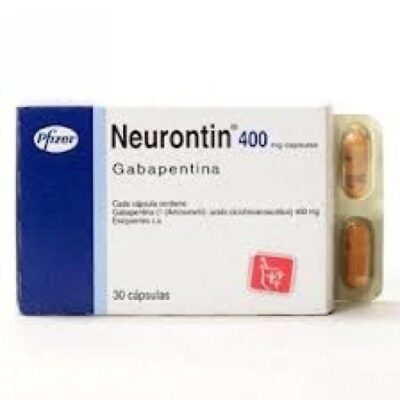
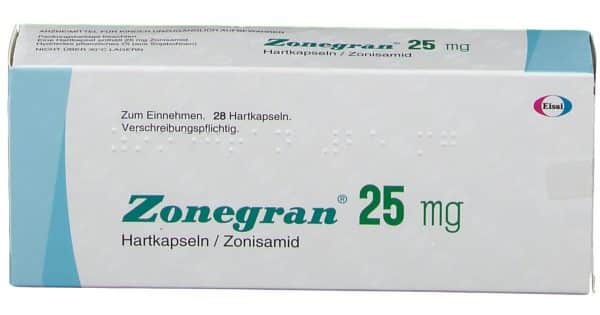

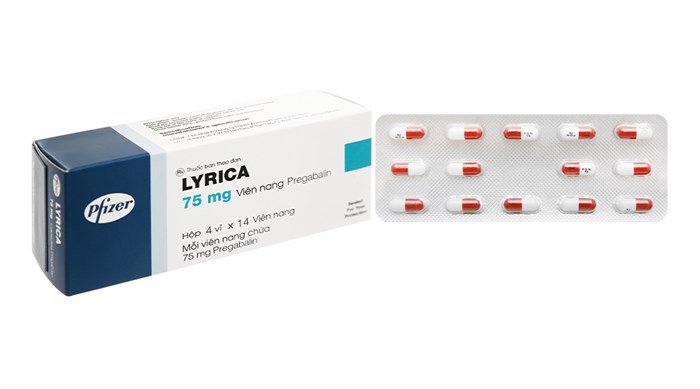
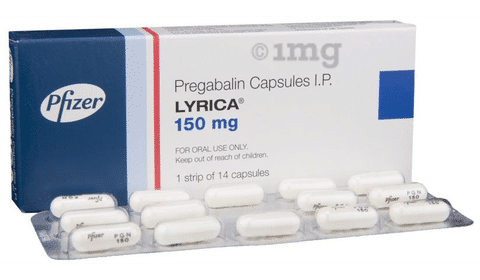

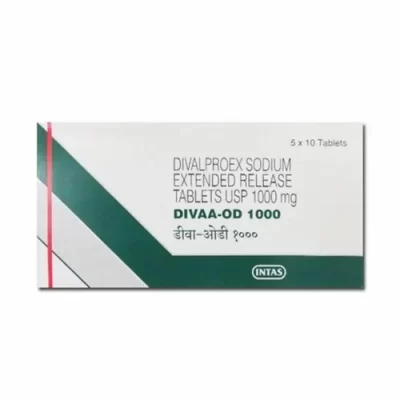
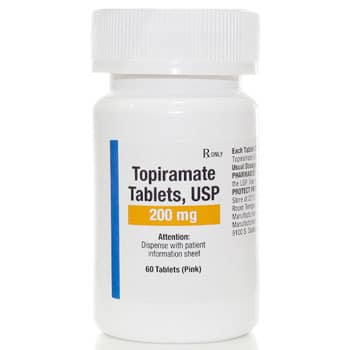
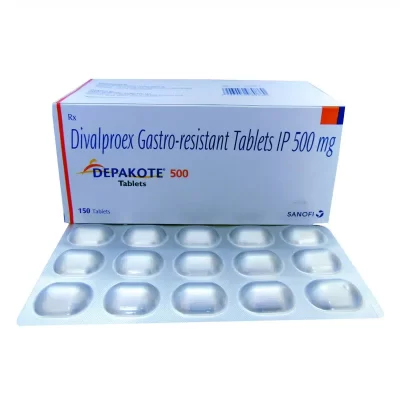
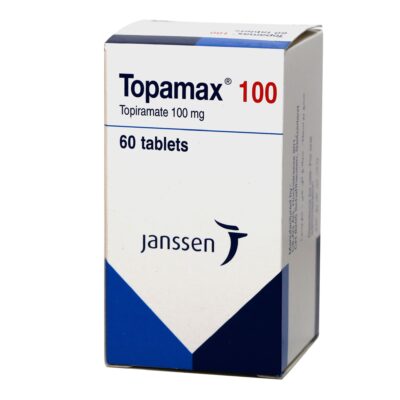





Reviews
There are no reviews yet.